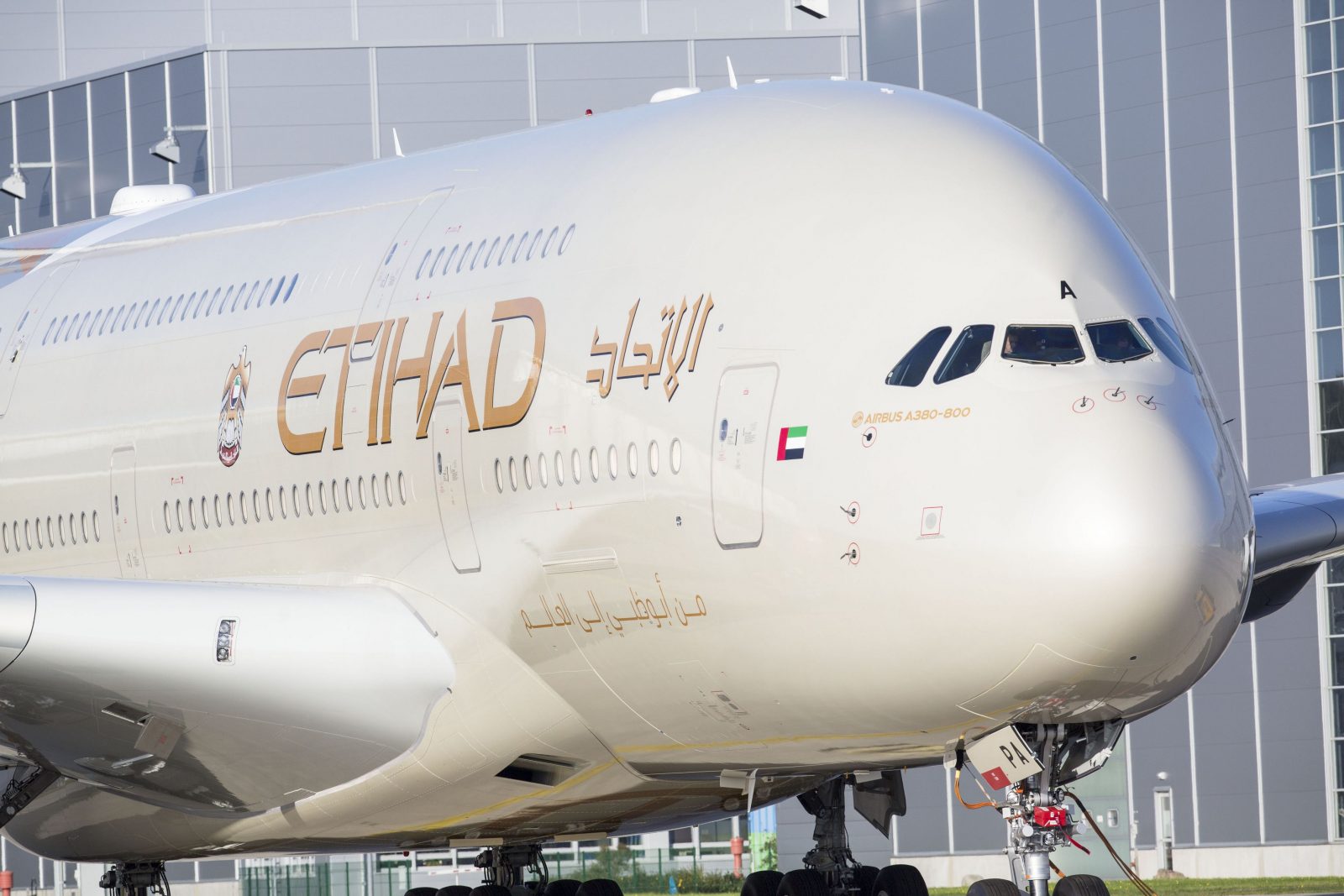
Etihad Airways said on Tuesday that it had reduced its first-half losses for 2021 to just $400 million compared to the $800 million the Abu Dhabi-based airline lost in the first half of 2020. The carrier was able to reduce losses through heavy cost-cutting and its revenues were buoyed by strong cargo demand.
In a statement, the airline said it had “retained a singular focus on cost control” managing to slash operating costs by 27 per cent to $1.4 billion in the last year. Etihad was already attempting to undo a disastrous expansion project when the pandemic struck but had to hasten major changes to its business when demand plummeted.
“While market demand has been slower to recover than anticipated, our record cargo performance has continued to buoy the business,” commented Etihad’s chief financial officer Adam Boukadida. “While the pandemic still poses challenges, Etihad is on the path to becoming a sustainable and profitable business,” Boukadida continued.
Etihad had just 64 aircraft in service in the first half of the year with many remaining in long-term storage including its fleet of Airbus A380’s. Those aircraft may never fly for Etihad again, while the airline has already taken the decision to permanently retire its fleet of 18 Boeing 777-300’s.
The airline has instead been using the more fuel-efficient Boeing 787 Dreamliner to operate flights through the pandemic but recently delivered Airbus A350 remain unused owing to a lack of demand. In the first half of the year, Etihad carried just 1 million passengers and on average less than a quarter of seats were filled on any given flight.
Etihad Group chief executive Tony Douglas insists that the airline is “making up for lost ground” every day, although he admitted that the Delta variant had thrown a “curveball” that was disrupting the global recovery in air travel.
Unlike Dubai, the emirate of Abu Dhabi has taken a far more cautious approach to reopening which has continued to affect Etihad’s business. Some restrictions have recently been eased on travellers from India, Asia and Africa, while a travel ban has been lifted by the United Kingdom.
Douglas said there was a “tidal wave” of demand for air travel and that the airline had seen a three to six-fold jump in bookings whenever Abu Dhabi opened up a destination.
Mateusz Maszczynski honed his skills as an international flight attendant at the most prominent airline in the Middle East and has been flying ever since... most recently for a well known European airline. Matt is passionate about the aviation industry and has become an expert in passenger experience and human-centric stories. Always keeping an ear close to the ground, Matt's industry insights, analysis and news coverage is frequently relied upon by some of the biggest names in journalism.







